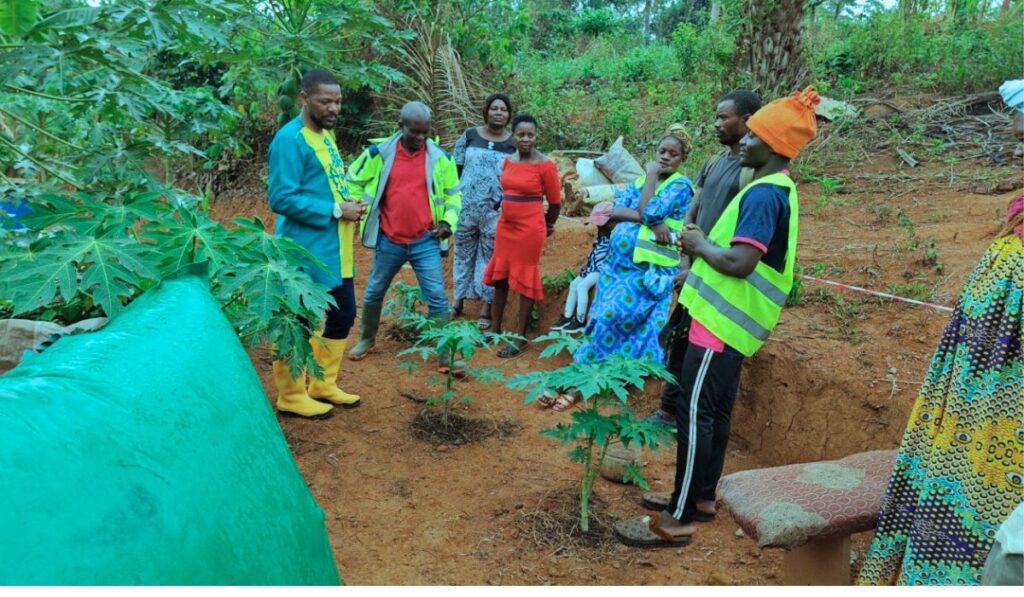In an era marked by environmental crises and climate concerns, the imperative for eco-activism has never been more urgent. From grassroots movements to international campaigns, individuals around the globe are stepping forward to champion the cause of sustainability and environmental justice. At the heart of this global movement lies the power of empowerment – the ability to inspire, educate, and mobilize communities towards positive change. This article explores the transformative potential of empowering eco-activism and the key strategies for sowing seeds of change.
The Power of Empowerment
Empowerment lies at the core of effective eco-activism. It involves equipping individuals and communities with the knowledge, skills, and resources to take meaningful action towards environmental sustainability. Empowered eco-activists are not merely passive participants but proactive agents of change, capable of initiating impactful projects, influencing policies, and driving collective action.
Empowerment fosters a sense of ownership and agency, enabling individuals to realize their capacity to effect change. By empowering communities, eco-activism transcends traditional top-down approaches and cultivates a culture of inclusivity, collaboration, and grassroots leadership. Empowered individuals are more likely to engage in sustained activism, mobilize support, and inspire others to join the cause, thus amplifying the impact of environmental initiatives.
Strategies for Empowering Eco-Activism
- Education and Awareness: Empowerment begins with education. Providing accessible and comprehensive information about environmental issues, their root causes, and potential solutions is essential for raising awareness and fostering informed activism. Education empowers individuals to make environmentally conscious choices in their daily lives and empowers communities to advocate for systemic change.
- Skill-building Workshops: Offering skill-building workshops and training programs equips eco-activists with the practical tools and competencies needed to address environmental challenges effectively. Workshops may cover a range of topics, including sustainable agriculture, renewable energy, waste management, and advocacy and campaigning skills. By enhancing participants’ abilities, these initiatives empower individuals to implement sustainable practices and drive community-led initiatives.
- Community Engagement and Collaboration: Empowering eco-activism involves fostering a sense of belonging and collective purpose within communities. Encouraging dialogue, collaboration, and collective decision-making processes cultivates a shared sense of ownership over environmental issues and solutions. Community-led projects, such as urban gardens, tree planting initiatives, or neighborhood clean-up campaigns, provide opportunities for hands-on involvement and foster solidarity among participants.
- Access to Resources and Networks: Access to resources, funding, and networking opportunities is crucial for empowering eco-activism. Providing grants, microloans, or crowdfunding support enables individuals and grassroots organizations to implement environmental projects and initiatives. Additionally, fostering connections with like-minded individuals, organizations, and networks amplifies the reach and impact of eco-activism efforts, facilitating knowledge sharing, collaboration, and collective advocacy.
- Advocacy and Policy Influence: Empowered eco-activists play a vital role in advocating for policy change and holding decision-makers accountable. By engaging in advocacy campaigns, lobbying efforts, and public demonstrations, activists can amplify their voices and influence policy decisions at local, national, and international levels. Empowerment enables individuals and communities to become effective advocates for environmental justice, driving systemic change and promoting sustainable policies and practices.
Conclusion
Empowering eco-activism is not merely about addressing environmental challenges but fostering a culture of empowerment, participation, and social justice. By equipping individuals and communities with the knowledge, skills, resources, and networks needed to drive positive change, empowerment unleashes the transformative potential of eco-activism. As we navigate the complexities of the ecological crisis, empowering eco-activism emerges as a powerful force for building a more sustainable, equitable, and resilient future for all. Let us sow the seeds of change and cultivate a world where environmental stewardship thrives, empowered by the collective action of passionate individuals united in their commitment to protect our planet.


